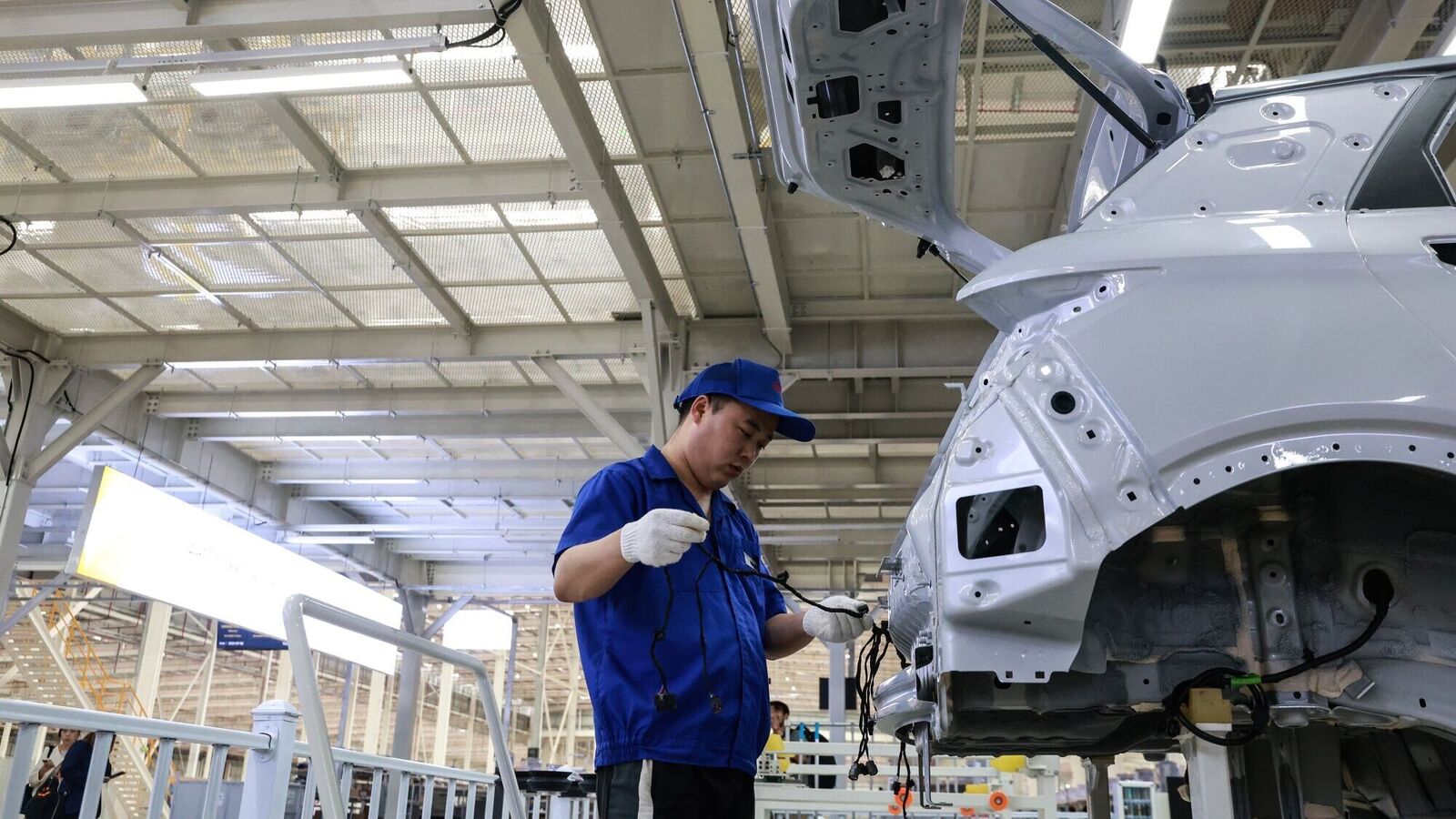A consultancy firm predicts that the current price war in EV markets has already started putting pressure on profit margins and that not all Chinese e
…
Just 19 of China’s 137 current electric car brands will be profitable by the end of the decade, leaving the rest to exit the industry, consolidate or battle for a minor market share, according to consultancy Alixpartners.
A price war that has been running for almost two years has pressured margins at some Chinese EV makers, and could continue as dominate players like BYD Co. and Tesla Inc. seek to consolidate their dominant positions.
“As long as big players like BYD still have a gross margin, there’s always room for a further price war,” Stephen Dyer, Alixpartners’s Shanghai-based managing director, said at a briefing Wednesday.
Also Read : Car sales in China surge on back of exports, offsetting sales slump at home
While the average sale price of cars in China fell 13.4% in the past year, the average margin of automakers rose to 7.8% in 2023 from 6.3% the previous year, according to Alixpartners. Manufacturers have cut costs by squeezing suppliers and moving fast to bring new models to market.
Also Read : One in every three cars sold by 2030 will be from Chinese brand, study predicts
By the end of 2030, Chinese automakers are set to held 33% of the global auto market, and 45% of new-energy vehicle sales, Alixpartners said. However, the consultancy downgraded its forecast for China’s share of the European auto market to 12% from from 15%, given the European Union’s imposition of additional provisional tariffs.
In other takeaways from the briefing, Alixpartners said Chinese automakers have grabbed an advantage by:
- Taking risks and moving fast — meeting minimum safety and regulatory requirements first before making upgrades (most of which can be done with software updates after delivery).
- Separating the development of hardware and software, set up independent NEV brands and securing financing and local government support.
- The national level investment in battery and material technologies; involving suppliers early, and in some cases, taking advantage of vertical integration.
- Improving efficiency by organizational structure and an overtime working culture. While workers at legacy automakers do a maximum of 20 hours overtime a month, staff at Chinese NEV makers can do as much as 140 hours overtime a month.
First Published Date: 11 Jul 2024, 08:23 AM IST

